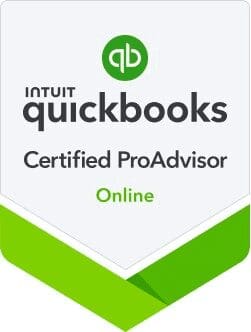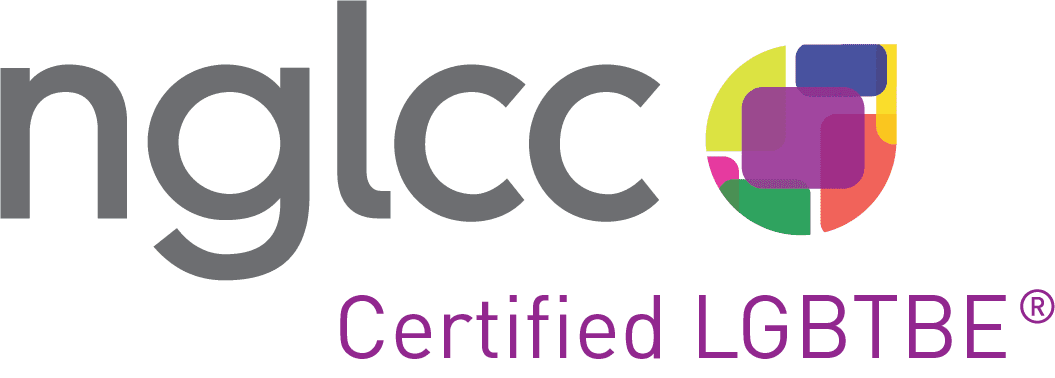Roofing contractors managing projects in Reno face unique financial challenges. Effective contractor accounting systems tailored to the roofing industry directly influence profitability, cash flow, and business sustainability. Many roofing projects span several months and involve significant material costs, making it crucial to have robust billing methods and financial tracking practices. Understanding how to structure billing, manage deposits, and monitor work-in-progress (WIP) helps roofing businesses maintain steady cash flow and accurately measure job profitability throughout a project’s lifecycle.

Progress billing paired with precise Work-in-Progress (WIP) accounting is more than a convenience; it is a survival strategy, especially for roofing contractors handling projects over $500,000 or lasting longer than a month. Billing clients incrementally in stages aligned with project milestones prevents cash flow gaps that could otherwise disrupt operations. Without progress billing, contractors risk waiting months for payment, forcing them to finance ongoing project costs out of pocket.
By breaking large projects into manageable billing segments, roofing contractors gain better control over their finances. Accurate WIP tracking ensures that costs incurred are matched with revenues recognized, providing a clear view of a job’s profitability as it proceeds. Roofing companies that invest in establishing these systems with expert guidance reap the benefit of strengthened cash flow and enhanced financial clarity.
We specialize in helping roofing businesses implement progress billing systems, draft contracts that protect cash flow, and leverage QuickBooks to track job-specific costs in real time. This approach equips roofing contractors with not just theoretical knowledge but practical tools, fostering a financially resilient operation capable of confidently taking on higher-value projects.
Smaller residential roofing jobs under $30,000 and typically completed within two weeks often fit well with completion billing, where invoicing occurs once the project finishes. This straightforward approach suits quick-turnaround projects with lower overhead costs and limited cash flow exposure. However, using completion billing for larger projects can strain a contractor’s finances severely.
For commercial roofing contracts exceeding $500,000, progress billing becomes indispensable. This method involves invoicing clients in increments tied to project milestones or percentages of completion, ensuring regular cash inflows throughout the job. The delay inherent in waiting to bill until project completion can create critical cash shortages that impede material purchases, labor payments, and overall project momentum.
Rought & Accounting helps roofing contractors assess which billing method fits each project, facilitates proper bookkeeping setups for handling multiple billing types, and trains teams to maintain accurate financial records. Through this tailored accounting approach, roofing businesses improve financial stability and maintain operational continuity across all project sizes.
Collecting a down payment upfront is a fundamental practice for roofing contractors to secure client commitment and fund initial job expenses. Industry standards recommend collecting between 10% and 30% of the contract value upfront, with 20% serving as a common benchmark. This deposit covers early material costs and signals client engagement.
Accounting for these deposits correctly is critical. Down payments should be recorded as “Customer Deposits” on the books until work begins, preventing premature revenue recognition and avoiding confusion during tax time. Properly handling these deposits ensures clear cash flow visibility and financial accuracy.
We assist contractors in accurately recording and managing deposits within their accounting systems, eliminating common pitfalls that can cause cash flow mismatches or tax reporting errors. With sound deposit accounting practices, roofing businesses obtain the financial breathing room necessary to start projects confidently and maintain strong client relationships.
Tracking actual job costs against billed amounts through Work-in-Progress (WIP) reporting is essential for managing roofing projects effectively. Without WIP reports, contractors risk either overbilling clients—which can erode trust—or underbilling, which can starve the business of needed working capital. Both outcomes damage profitability and client confidence.
By setting up detailed job costing within accounting software like QuickBooks, roofing contractors gain real-time insight into the financial status of each project. This includes monitoring labor, materials, subcontractor expenses, and overhead applied to jobs. WIP reporting provides the clarity required to adjust billing, control expenditures, and make strategic decisions before financial issues arise.
Our expertise lies in implementing WIP and job costing solutions tailored to roofing companies’ unique demands. Contractors benefit from transparent financial data that supports better cash flow planning, prevents costly mistakes, and positions their businesses for sustainable growth.
Effective contractor accounting turns roofing project challenges into manageable workflows that protect cash flow and enhance profitability. Progress billing and WIP tracking prevent cash shortages and provide ongoing profit visibility. Choosing the right billing method for each job size avoids unnecessary financial risk. Proper management of down payments secures funds upfront, reducing pressure on financial resources.
Roofing contractors in Reno looking to build stronger businesses can gain valuable support by partnering with experts who understand both the roofing industry and accounting best practices. Customized accounting strategies help businesses improve financial control, enabling them to bid confidently on larger projects and grow sustainably. Contacting Rought & Accounting provides access to personalized consultation, helping contractors design billing systems, job costing processes, and bookkeeping solutions tailored specifically to roofing operations. This collaboration improves cash flow management and overall business resilience—key factors for long-term success.



